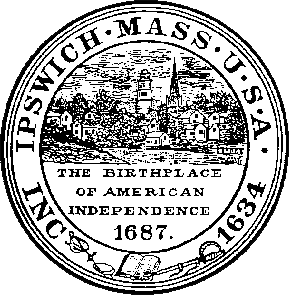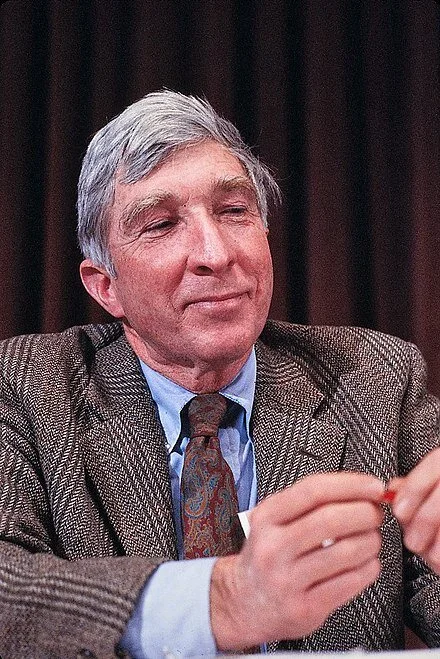Not for the love of war
Statue of Rufus Choate, by famed American sculptor Daniel Chester French, at the John Adams Courthouse, Boston.
John Whipple House, built in 1677, in Ipswich, Mass. It looks transplanted from England.
— Photo by Elizabeth B. Thomsen
“The courage of New England was the courage of conscience. It did not rise to that insane and awful passion, the love of war for itself.“
— Rufus Choate (1799-1859), American lawyer, orator and U.S. senator, in a 1834 address at Ipswich, Mass., of which he was a native. The town calls itself “The Birthplace of American Independence.’’ You can look up why.
A view from Castle Hill of Ipswich’s famously beautiful marshes, beloved of painters.
— Photo by John Phelan
'The world as given'
John Updike in 1986
“To say that war is madness is like saying that sex is madness: true enough, from the standpoint of a stateless eunuch, but merely a provocative epigram for those who must make their arrangements in the world as given.’’
— John Updike (1932-2009), in Self-Consciousness, a memoir. Updike was a celebrated novelist, poet, short-story writer, art critic and literary critic. Raised in Pennsylvania, he spent most of his life on the Massachusetts North Shore, including Ipswich, Georgetown andfor his last 30 years, in very affluent Beverly Farms. He came to be considered America’s leading man of letters.
— By Sswonk
Can ruin your beach day
Heading for a picnic at Crane Beach, in Ipswich, Mass.
Photo by Thomas Steiner
“When faced with anything I loathe and fear
I try to grit my teeth and persevere,
But there’s one gritty thing I just can’t stand —
A sandwich that is halfway full of sand.’’
— From “Words Within Words,’’ by Richard Wilbur (1921-2017), New England-based poet







